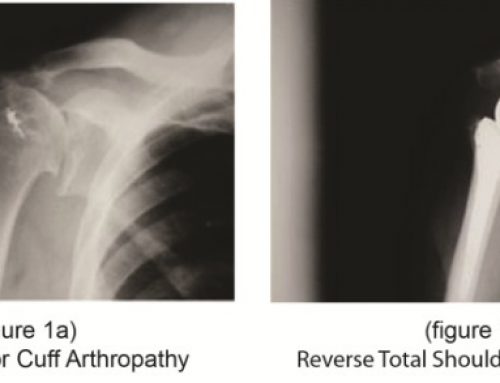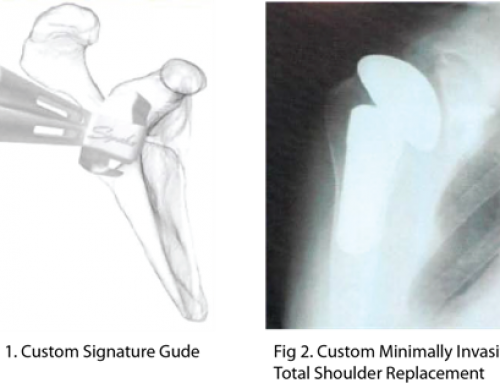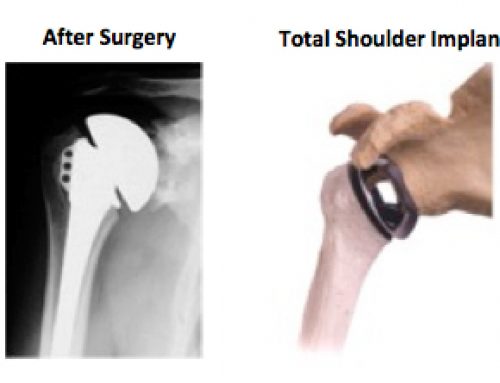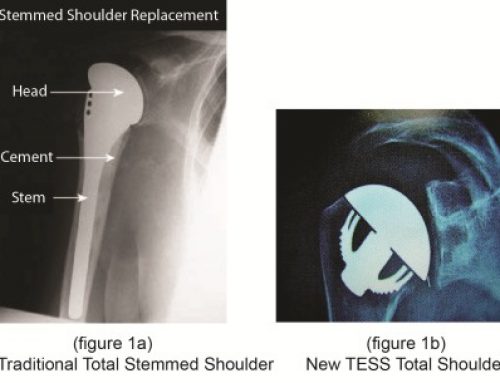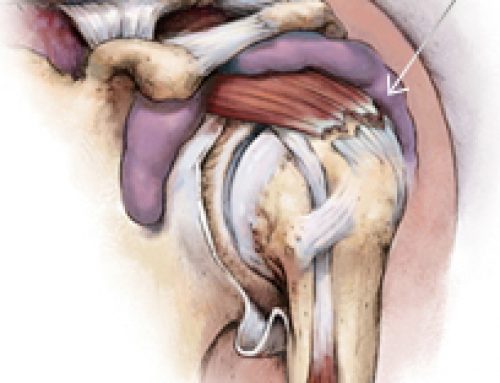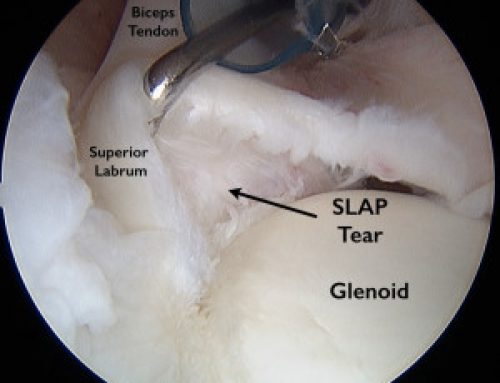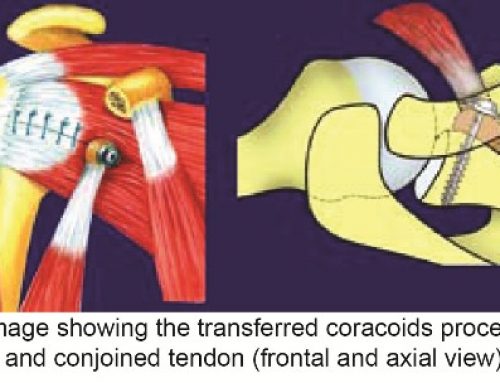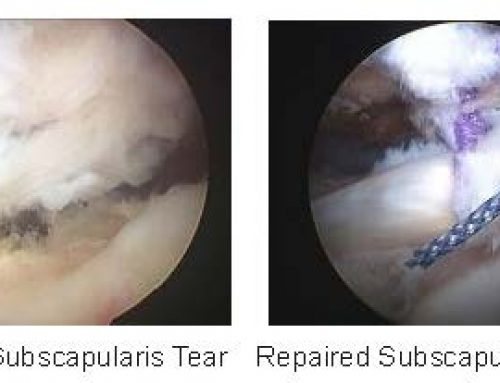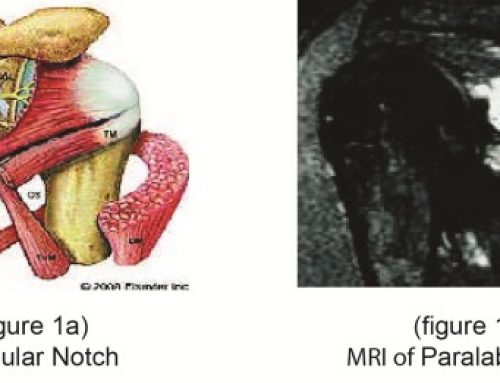Dislocated Shoulder | Shoulder Instability
by Dr. Richard Bartholomew
What is a dislocated shoulder?
A Dislocated Shoulder is when the head of the humerus (upper arm bone) comes partially or entirely out of the shoulder joint socket (glenoid).
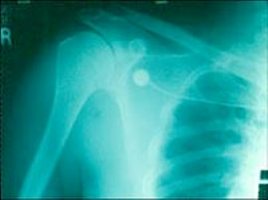 What do you mean by shoulder instability?
What do you mean by shoulder instability?
Shoulder instability is a condition where the capsule and ligaments are too loose, and they do not keep the ball of the humerus in the joint. This is the opposite problem we see in someone with a frozen shoulder (adhesive capsulitis). Shoulder instability is when the shoulder comes out of the joint and dislocates. One can get instability from multiple causes, but the most common one is trauma. Falling on your outstretched arm can cause the humeral head or “ball” to come out of the “socket” and tear the ligaments.
What happens with a dislocated shoulder?
There are multiple soft tissues and bony structures which keep your shoulder in the socket. When you dislocate your shoulder, some of the ligaments inside the shoulder tear and/or get stretched out. You can also tear your rotator cuff muscle when you dislocate your shoulder. Less commonly you can even sustain fractures of the bones or injure the cartilage. It is important to keep this in mind, because I may have to treat your shoulder differently if you have a concomitant tear in your rotator cuff muscle and you have a dislocated shoulder.
What can be done about a dislocated shoulder?
If your shoulder is dislocated, you will need immediate medical attention to place it back into the joint. Once it is reset, immobilization in a sling is recommended. You will need to be immobilized for about three weeks. After this period you will start physical therapy. Your rate of recurrence (having this happen again) will depend on your activity level. An 18-year- old avid water skier, has an 80-95% rate of recurrence, whereas a 50-year-old lawyer has only about a 20% rate of redislocation. At the end of the three weeks of immobilization, we will start with the therapy to get your range of motion and your strength back.
What is conservative dislocated shoulder treatment?
After your immobilization in a sling, you will need to start to regain your motion and your strength with physical therapy. As stated earlier, the rate of recurrence depends on how you were immobilized, your age and activity level and the degree of other injuries your shoulder sustained during your dislocation(s).
My shoulder keeps on popping out, what’s next? Shoulder Dislocation Surgery
If you have rehabilitated your shoulder appropriately and it continues to dislocate, you may be a candidate for Shoulder Dislocation Surgery. Surgery is similar to the rotator cuff repairs. You can use an open (large) incision to repair the torn or stretched out tissue manually. I prefer to use an arthroscope through small incisions to repair the damage. New advances in the technique and arthroscopic instruments have made this a very successful surgery.
How do I rehabilitate my shoulder after surgery?
I have specific postoperative rehabilitation protocols which we will use depending on the size of the repaired tear. Having a good therapist is imperative for good post-operative success. Let us find the right therapist for you.
Dr. Bartholomew, orthopedic shoulder surgeon in Michigan, specializes in the treatment for a dislocated shoulder. Call our office to schedule a consultation to diagnose your shoulder instability at (248) 673-0500.

